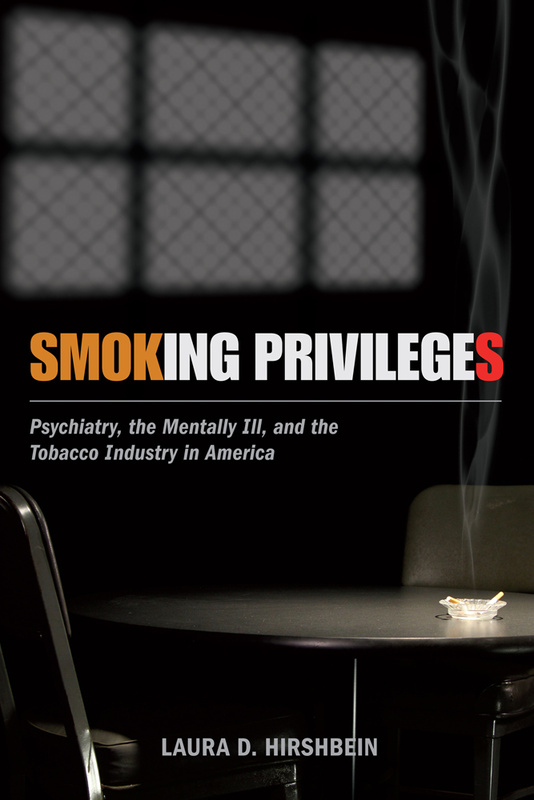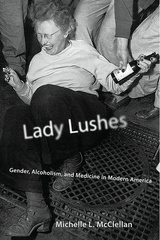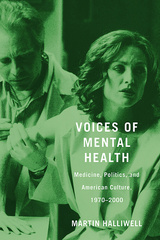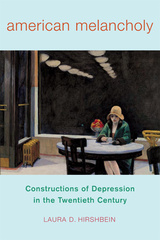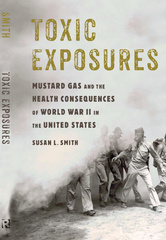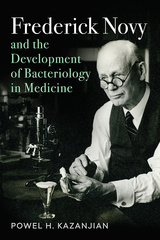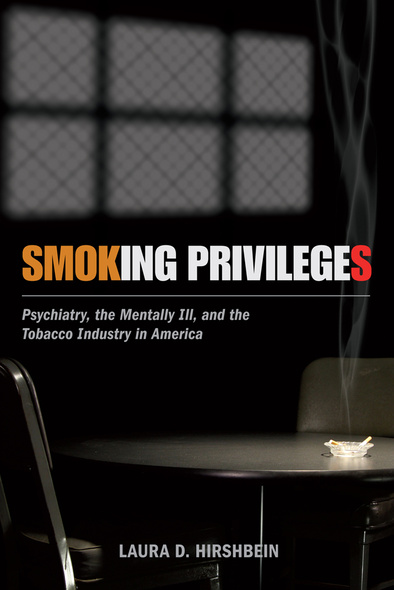
228 pages, 6 x 9
Paperback
Release Date:31 Jan 2015
ISBN:9780813563961
Hardcover
Release Date:31 Jan 2015
ISBN:9780813563978
Smoking Privileges
Psychiatry, the Mentally Ill, and the Tobacco Industry in America
Rutgers University Press
Current public health literature suggests that the mentally ill may represent as much as half of the smokers in America. In Smoking Privileges, Laura D. Hirshbein highlights the complex problem of mentally ill smokers, placing it in the context of changes in psychiatry, in the tobacco and pharmaceutical industries, and in the experience of mental illness over the last century.
Hirshbein, a medical historian and clinical psychiatrist, first shows how cigarettes functioned in the old system of psychiatric care, revealing that mental health providers long ago noted the important role of cigarettes within treatment settings and the strong attachment of many mentally ill individuals to their cigarettes. Hirshbein also relates how, as the sale of cigarettes dwindled, the tobacco industry quietly researched alternative markets, including those who smoked for psychological reasons, ultimately discovering connections between mental states and smoking, and the addictive properties of nicotine. However, Smoking Privileges warns that to see smoking among the mentally ill only in terms of addiction misses how this behavior fits into the broader context of their lives. Cigarettes not only helped structure their relationships with other people, but also have been important objects of attachment. Indeed, even after psychiatric hospitals belatedly instituted smoking bans in the late twentieth century, smoking remained an integral part of life for many seriously ill patients, with implications not only for public health but for the ongoing treatment of psychiatric disorders. Making matters worse, well-meaning tobacco-control policies have had the unintended consequence of further stigmatizing the mentally ill.
A groundbreaking look at a little-known public health problem, Smoking Privileges illuminates the intersection of smoking and mental illness, and offers a new perspective on public policy regarding cigarettes.
Smoking Privileges is a compelling, authoritative, and relevant historical analysis of smoking policy, social attitudes, mental illness, scientific research, and industry.
'Smoking Privileges is truly a wonderful and important book that forces us to rethink the history of smoking and reminds clinicians of the complexities of smoking persistence. It should be required reading for mental health practitioners, public health workers, and historians.'
In Smoking Privileges, Laura D. Hirshbein traces the inexorable linkages between smoking and mental illness up through the twentieth century, weaving in the dual stories of smoking's rise as a public health menace and the decline of state mental hospitals. A clinical psychiatrist, Hirshbein shares her perspective as someone with empathy for and experience with this population.
Charts the changes in attitudes and practices around tobacco over the decades, noting how culture, science, and time interweave to influence people and change ideas. It provides a fascinating account of how a behavior such as smoking can become transformed into a pathological entity, and it asks us to consider the deeper human elements of choice and free will as we consider how and why we provide treatment.
[Hirshbein's] use of a wide array of evidence, ranging from scientific studies to patient memoirs to corporate records, makes her work both persuasive and highly engaging ... Smoking Privileges merits a wide readership among historians of medicine, science and health policy, as well as anyone interested in the history of smoking and mental health.
Though not negating the harmful effects of cigarette smoking, Hirshbein displays sensitivity to the role and meaning cigarette smoking may play in the lives of people with serious mental illness and encourages readers to view cigarette smoking, regulation, and intervention in a broad context. She emphasizes the need to incorporate the perspectives of people with serious mental illness before imposing public health policy and treatment onto this population, to examine the motivations of the tobacco and pharmaceutical industries, and to consider possible unintended consequences. Highly recommended.
Smoking Privileges is a compelling, authoritative, and relevant historical analysis of smoking policy, social attitudes, mental illness, scientific research, and industry.
'Smoking Privileges is truly a wonderful and important book that forces us to rethink the history of smoking and reminds clinicians of the complexities of smoking persistence. It should be required reading for mental health practitioners, public health workers, and historians.'
In Smoking Privileges, Laura D. Hirshbein traces the inexorable linkages between smoking and mental illness up through the twentieth century, weaving in the dual stories of smoking's rise as a public health menace and the decline of state mental hospitals. A clinical psychiatrist, Hirshbein shares her perspective as someone with empathy for and experience with this population.
Charts the changes in attitudes and practices around tobacco over the decades, noting how culture, science, and time interweave to influence people and change ideas. It provides a fascinating account of how a behavior such as smoking can become transformed into a pathological entity, and it asks us to consider the deeper human elements of choice and free will as we consider how and why we provide treatment.
[Hirshbein's] use of a wide array of evidence, ranging from scientific studies to patient memoirs to corporate records, makes her work both persuasive and highly engaging ... Smoking Privileges merits a wide readership among historians of medicine, science and health policy, as well as anyone interested in the history of smoking and mental health.
Though not negating the harmful effects of cigarette smoking, Hirshbein displays sensitivity to the role and meaning cigarette smoking may play in the lives of people with serious mental illness and encourages readers to view cigarette smoking, regulation, and intervention in a broad context. She emphasizes the need to incorporate the perspectives of people with serious mental illness before imposing public health policy and treatment onto this population, to examine the motivations of the tobacco and pharmaceutical industries, and to consider possible unintended consequences. Highly recommended.
LAURA D. HIRSHBEIN, M.D. is a clinical associate professor of psychiatry at the University of Michigan and the author of American Melancholy: Constructions of Depression in the Twentieth Century (Rutgers University Press).
Acknowledgments
Introduction: Smoking Privileges
1 Ecology of Smoking in Mental Hospitals through the 1970s
2 Conflict and Smoking in Mental Hospitals in the 1960s and 1970s
3 Smoker Psychology and the Tobacco Industry through the Early 1980s
4 Psychiatry Engages Smoking
5 The Many Faces of Nicotine
6 From Tolerance to Treatment
7 Tobacco Control and the Mentally Ill
8 Double Marginalization
Conclusion: Corporate Squeeze
Notes
Index

